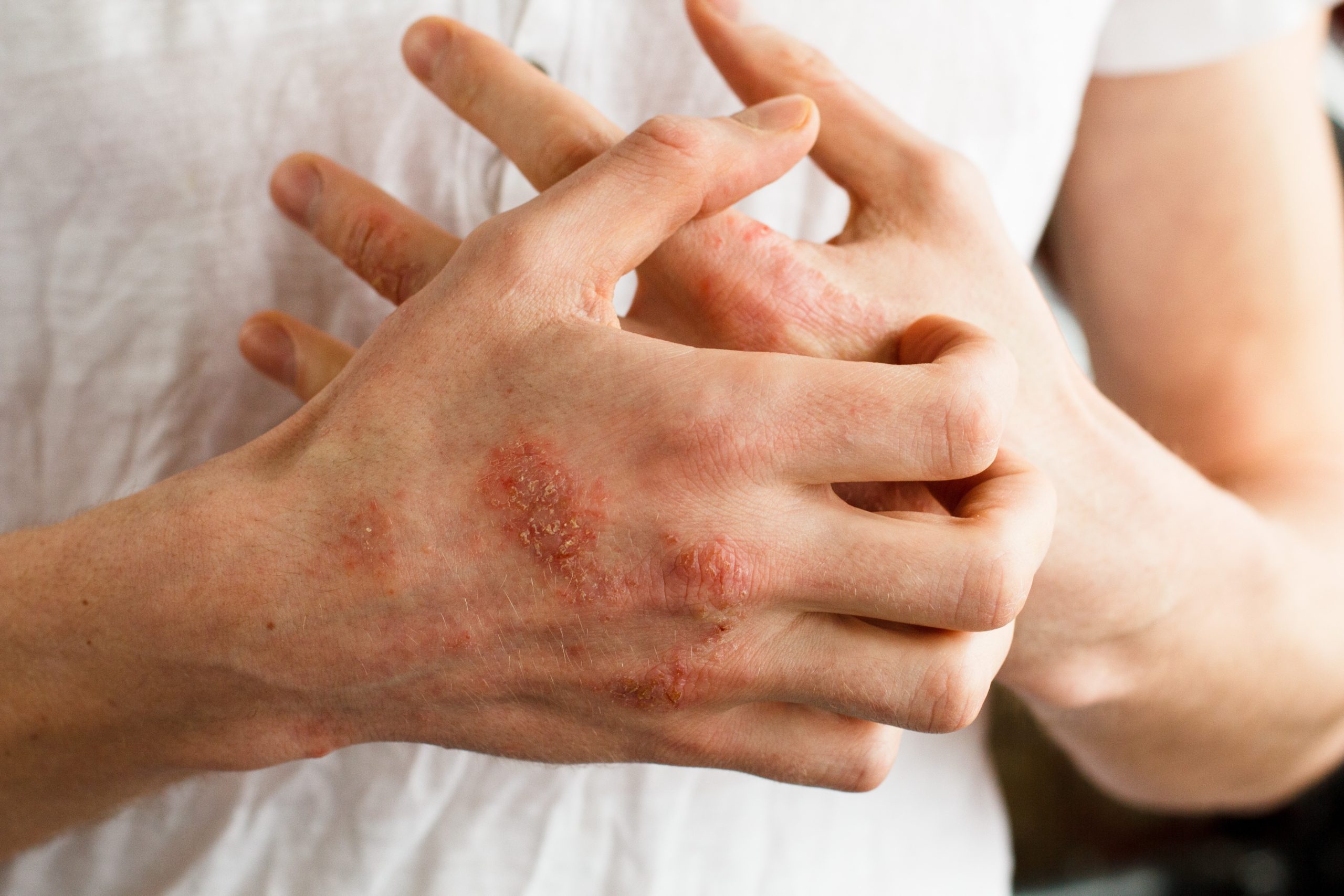Overwhelmed testing centres, lengthy queues and hours spent waiting for test results.
These are the realities of our best efforts to combat Covid-19 with Polymerase Chain Reaction (PCR) testing.
But there may be a solution.
Rapid Antigen Testing (RAT) studies show promising results as governments worldwide make them available to citizens.
However, experts and citizens are voicing concerns over the effectiveness of RATs and whether they’re helping to combat Covid-19.
While we can’t argue that a single antigen test is as effective as a PCR test, the former has clear benefits.
In this article, we’ll share insights on the effectiveness of RATs and discuss how they’re changing the way we deal with Covid-19.
Important Insights From Rapid Antigen Testing
- Antigen tests improve accessibility: Since antigen tests don’t require trained medical staff or extensive laboratory testing, they’re much easier to use and interpret. Plus, people can use them from the comfort of home.
- RATs are much cheaper than PCR tests: Thanks to their ease-of-use, antigen tests are a more affordable testing option for citizens. Many countries even provide several free tests per month. Compared to PCR tests, purchasable antigen kits cost less.
- Rapid testing is a time-saver: Since rapid tests can be self-administered in less than 30 minutes, they don’t require travel, days off work, hours spent waiting for testing and results, or hours of labour. This is a significant benefit to overwhelmed hospitals and medical centres, the economy and peoples’ lives.
- It’s possible to increase RAT sensitivity: How accurate are rapid antigen tests? Rapid antigen aren’t 100 percent accurate, however researchers estimate that this method correctly identifies an average of 72% of symptomatic people and 58% of asymptomatic people. Nevertheless, by testing an infected individual two-three times in one week, sensitivity reaches over 98%.
- City-wide antigen testing has promising results: A UK study of a city-wide testing campaign assessed three types of people: at-risk individuals, those already in quarantine and people who wanted to attend work, school or other events. The campaign resulted in a 32% reduction in hospitalisations. On top of this, 8,292 critical-worker workdays were saved through daily testing during quarantine, with only 9% of cases missed by daily testing.
How Rapid Antigen Testing is Changing How We Deal With Covid-19
The problem with PCR testing is that it’s too slow to cope with the spread of Covid-19 and too disruptive for daily testing. While this method is more accurate, what’s to say a person won’t catch Covid-19 the day or week after a negative result? While PCR tests can curb international viral spread, they aren’t so useful in helping life get back to normal.
However, RATs cause fewer disruptions to people’s daily lives while still providing an extra layer of protection against Covid-19.
With the speed and accessibility of antigen testing, life can begin to—somewhat—return to normal. However, daily or bi-weekly testing may become the new normal to keep Covid-19 at bay.
People may also be more comfortable having an antigen test than a PCR test since it’s less invasive. PCR tests typically require a nasopharyngeal swab which needs the cotton bud to touch the back of a person’s throat through the nose. On the other hand, antigen tests require simple swabs inside the nostrils.
This difference not only makes people more likely to test themselves, but it also makes the testing process easier.
Finally, antigen testing’s analysis speed also supports the fight against Covid-19. Rather than waiting 24 hours (sometimes more), people with positive results can self-isolate and inform their close contacts sooner, helping curb the virus’s spread.
Are RATs the Solution We’ve Been Looking For?
Even though RATs aren’t as sensitive as PCR tests, some experts believe it’s likely a non-issue as people with low levels of the virus typically do not spread Covid-19.
But suppose a person tests negative initially, and infectiousness rises. In that case, subsequent RATs are likely to return a positive reading. This situation is where multiple antigen testing proves its effectiveness.
RATs aren’t a complete solution but rather an effective extra precaution in the fight against Covid-19. In a perfect world, we’d have PCR-like results with the speed of antigen testing. But right now, even though antigen tests aren’t as accurate, they do bolster the Covid-19 detection by being a more accessible, cheaper and faster alternative to PCR testing.




